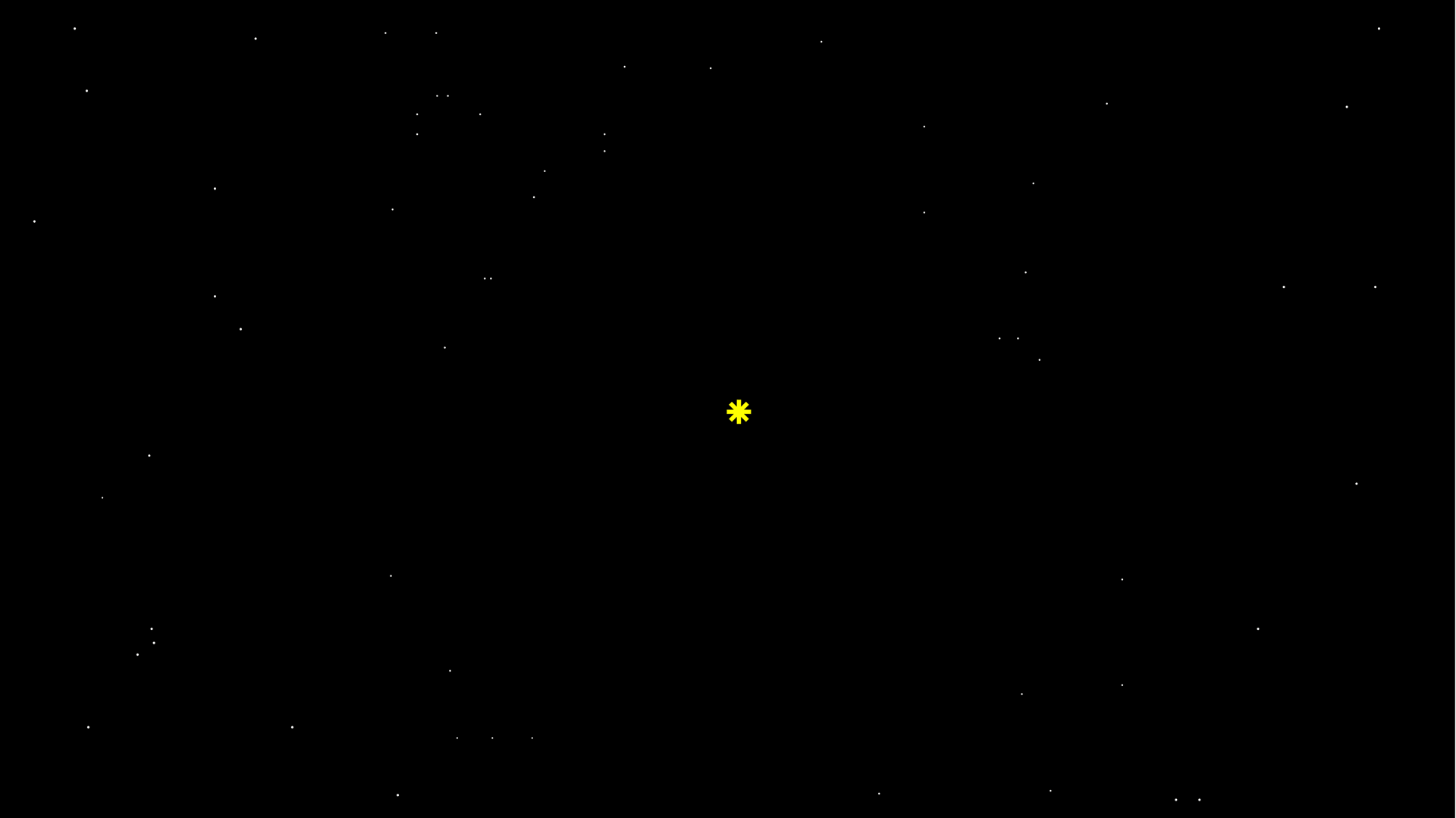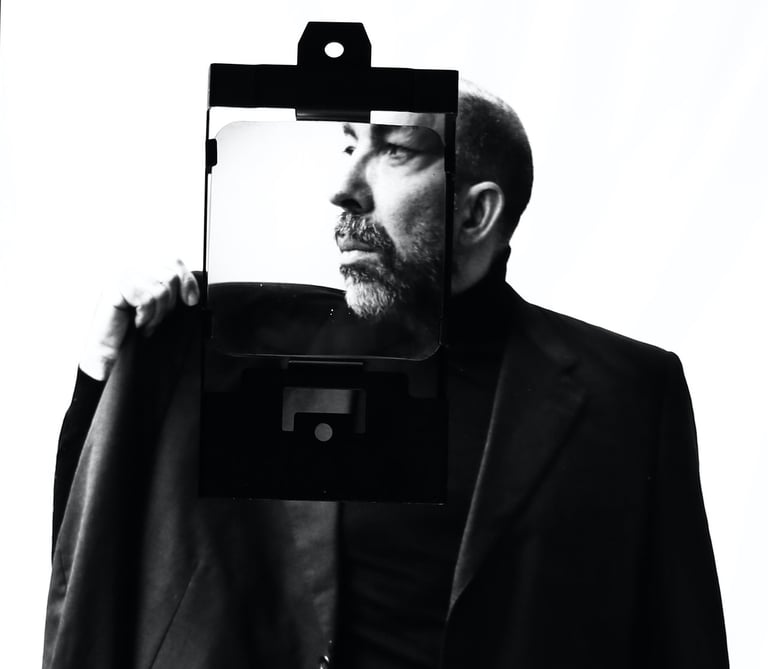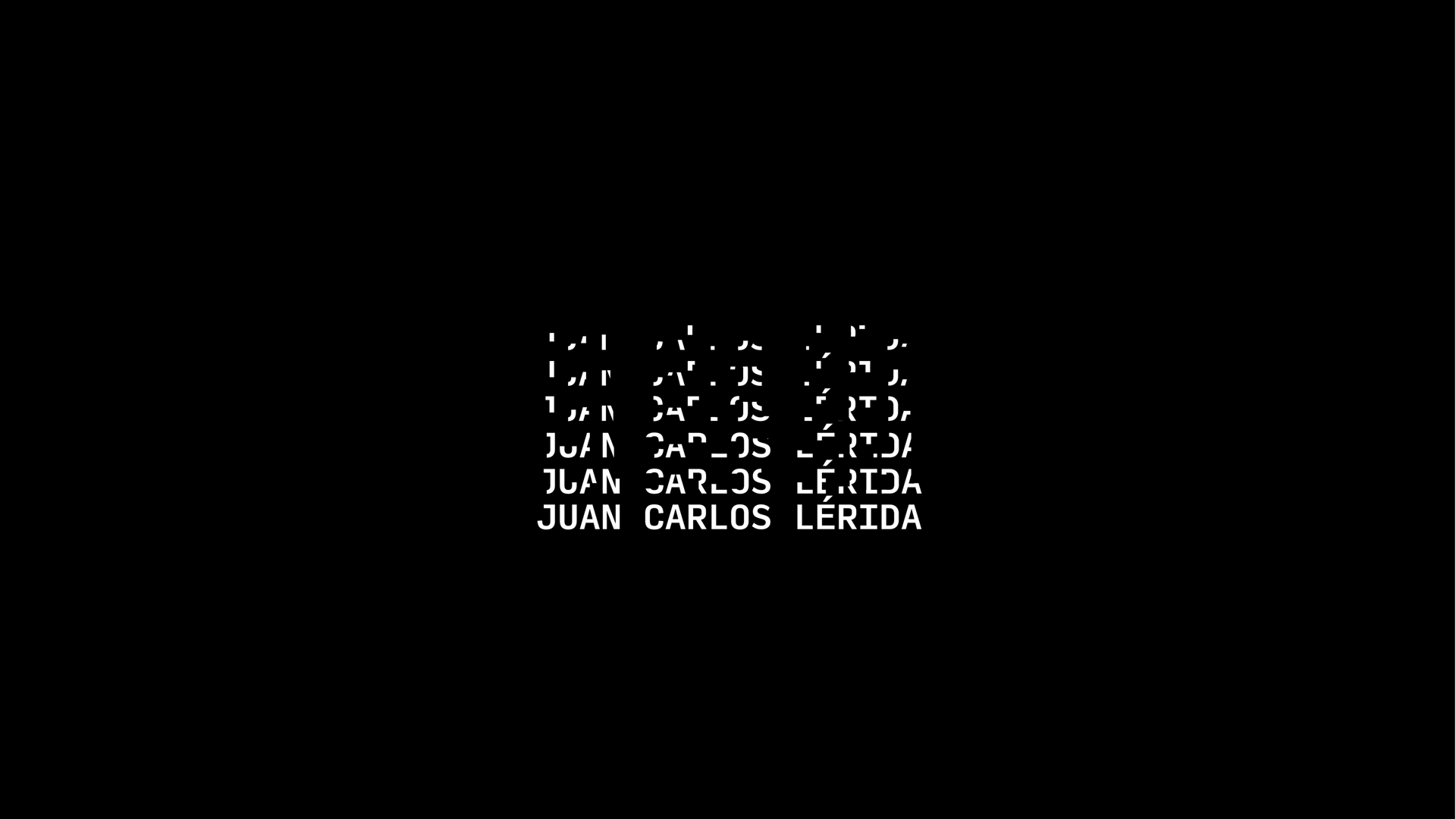BIO.

Dancer, choreographer, pedagogue and researcher in dance, he holds a degree in Choreography and Performance Techniques, and was awarded the Extraordinary Prize in 2007 by the Institut del Teatre in Barcelona.






He began his dance and flamenco training at the age of three in Seville. He later broadened his studies with training in Dramatic Arts, Contemporary Dance at C.A.T. (Seville), and Dance-Theatre and Improvisation in Barcelona with Mercedes Boronat. In Catalonia, he created his first choreographic works with his own dance company, 2D1, which received recognition in national choreography competitions.
Since 2002, he has been a professor of Flamenco, Contemporary Dance, and Composition at the Institut del Teatre de Barcelona, and has been invited to teach workshops on flamenco improvisation and composition throughout Europe.
In 2000, he was invited to Japan by director Yoko Komatsubara to work as performer and choreographer at the National Theatre of Tokyo. In 2003, he co-directed, performed, and choreographed the piece De Amor y Odio alongside Joaquín Cortés. In 2004, he starred in the first flamenco musical, Los Tarantos, directed by Emilio Hernández.
His own choreographic work, El Arte de la Guerra, premiered at the Berlin Flamenco Festival in 2006, positioning him as one of the leading figures in avant-garde flamenco. In 2007 and 2008, he co-directed and performed in the productions Souvenir and La Voz de su Amo with flamenco dancer Belén Maya.
In 2008, he took part as choreographer in the XV Bienal de Flamenco de Sevilla, with the piece El Tiempo Corre y Deprisa for Marco Vargas and Chloé Brûlé as part of their work Ti-Me-Ta-Ble.
From 2009 to 2012, he curated the Flamenco Empírico series at Mercat de les Flors (Barcelona). In 2010, he directed Bailes Alegres para Personas Tristes, by Belén Maya and Olga Pericet, premiered at the Jerez Flamenco Festival. That same year, he premiered Al Toque in Vienna (Austria), the first part of a trilogy dedicated to the bodies of flamenco (Toque, Cante, and Baile), and choreographed and performed Alejandrías. La Mirada Oblicua at the XVI Bienal de Flamenco de Sevilla.
In 2011, he premiered El Aprendizaje, in collaboration with director Roberto Romei. In 2014, he performed as a guest artist in Pisadas (Olga Pericet Company), and served as choreographic and stage director for Laberíntica (Marco Flores Company). That same year, he joined singer Niño de Elche and guitarist Raúl Cantizano in the experimental flamenco project ToCaBa.
With co-production from Tanzhaus NRW and a residency grant from Graner–Mercat de les Flors, he premiered Al Cante—the second part of the trilogy—at the Flamenco Festival Düsseldorf. At the end of 2014, he debuted Bailografía, a journey through his choreographic biography. In 2015, he began touring Europe and North America with a series of approaches to Al Baile, which officially premiered in October 2016 as part of Mercat de les Flors’ program.
In 2021, he premiered La Liturgia de las Horas, a 12-hour itinerant performance co-produced by Mercat de les Flors (Barcelona), Fira Mediterrània (Manresa), Sismògraf Festival (Olot), L’Artesà (El Prat de Llobregat), and Tanzhaus NRW (Düsseldorf). La Liturgia de las Horas is composed of six tableaux: The Hour of the Ritual, The Mount of Olives, Sacred Machines, The Hours of Sacrifice, TWELVE, and The Hour of Farewell.
He curated the Flamenco Festival at Tanzhaus NRW (Düsseldorf, Germany) from 2020 to 2023, and since 2017 has coordinated the Flamenco Research Laboratory at the Institut del Teatre.
In 2025, he premieres his most recent choreographic work titled CHER, a piece exploring the transition and detuning of the body.



